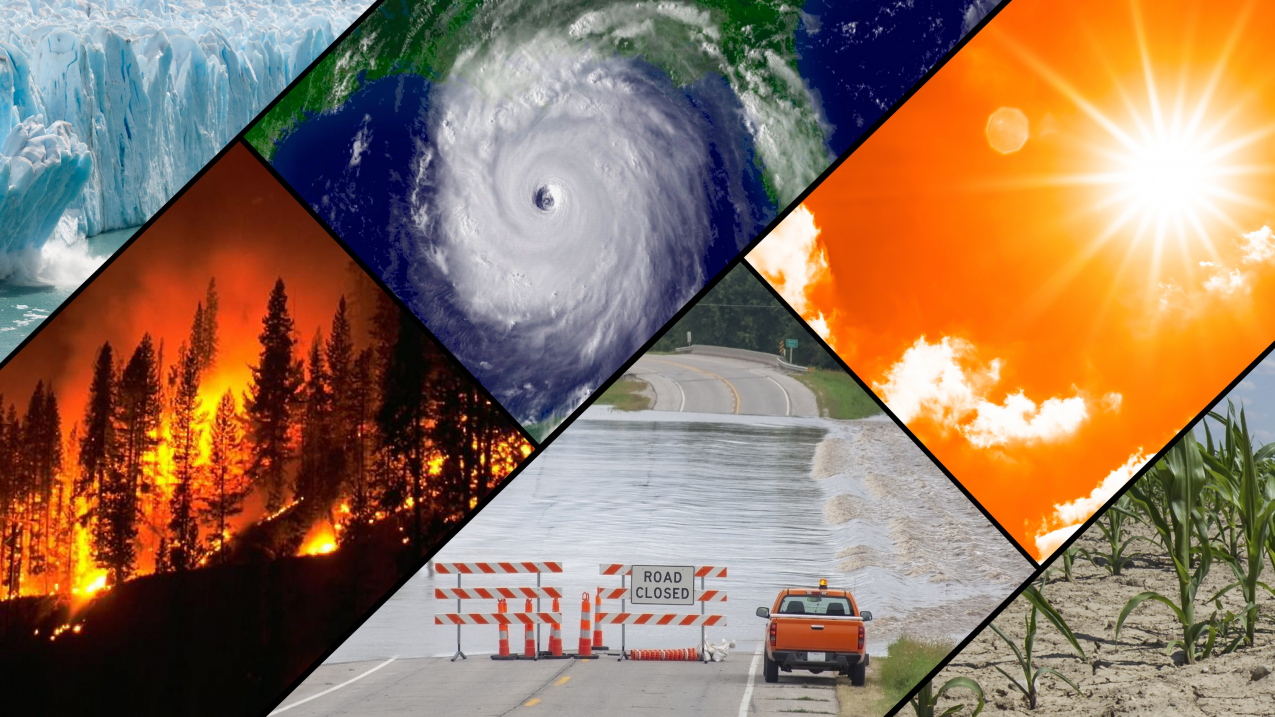
METR 180: Climate Change, Energy, and the Environment
The Department of Earth and Atmospheric Sciences has an ACE 4 science course available for the spring semester with plenty of seats left. The METR 180: Climate Change, Energy, and the Environment course will be offered on Tuesdays and Thursdays at 11:00-12:15 pm by Professor Ross Dixon for the Spring 2022 semester. Professor Dixon is new to the University as of this fall, and he is excited to be teaching the METR 180 course. For students interested in climate change and its impacts, this course would be an approachable introduction to the basic science of climate change and the impacts it can have. The METR 180 course has no prerequisites. Here is additional information about the METR 180 course:
METR 180: CLIMATE CHANGE, ENERGY, AND THE ENVIRONMENT
Have you ever wanted to be able to discuss some of the major challenges impacting humanity by understanding the fundamental science behind them? In this course we will explore major global issues: climate change, population growth, energy usage, technology, and how they intersect and influence each other. We will discover the key components of the earth system and how scientists understand them, then apply those ideas to consider how global and regional climate has changed in the past, understand future projections of climate, and explore how these changes may impact society. We will also consider the science behind the stratospheric ozone hole and acid rain and explore how the international community has addressed these major environmental problems. Some questions that we will address include:
• What are the main features of our present climate system and how are they changing?
• How does past climate change contrast to modern climate change?
• What causes the stratospheric ozone hole and how did the global community address its appearance?
• Is acid rain related to regional cooling?
• How can climate change affect human disease, food, and water supply?
• Are scientists and/or the media biased in their reporting of global change issues?
• What is geoengineering and when did humans first begin to alter climate?
Please don’t hesitate to reach out to Professor Ross Dixon (rddixon@unl.edu) or Department Chair, Clint Rowe (crowe1@unl.edu) if you have any questions.